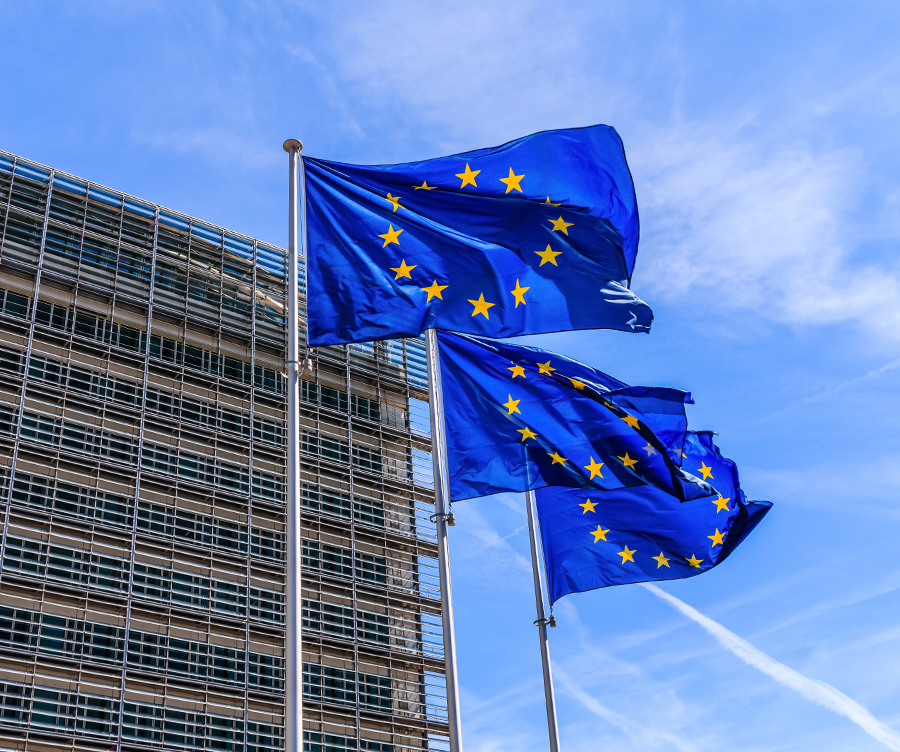The Council of the EU and the European Parliament have struck a provisional deal to combat future supply chain crises, including emergency measures for requesting company data on stock levels and fast-tracking goods to market.
The agreement on the Internal Market Emergency and Resilience Act (IMERA), reached last week, will provide the European Commission with additional mechanisms designed to shore up the supply of critical goods and services in the wake of the impact of major shocks such as Russia’s invasion of Ukraine.
The EU hopes the measures will make its response to supply chain disruptions – triggered by economic crises, security concerns, natural disasters or public health emergencies – more coordinated, with greater transparency between member states.
The draft text of the regulation says the IMERA – previously called the single market emergency instrument – is intended to “brace the EU for the future and equip it with what may prove to be necessary in a given crisis situation severely affecting the single market”.
The agreement puts in place three levels of crisis preparedness, including a contingency mode, which means there is no crisis and countries should focus on setting up communication networks, training staff and carrying out stress tests.
When a crisis looms, the alert level moves up to vigilance mode, which will see supply chains monitored and member states obliged to build up “strategic reserves” of goods if they dip below certain levels in the face of a threat.
In response to a “full-blown crisis”, an emergency mode provides last-resort measures that enable the Commission to ask for data from companies on the production capacity and stock levels of goods. If firms refuse, they will be required to explain the reasons why.
Other measures will see the Commission able to issue priority requests to companies to purchase critical goods or services, fast-track certain products onto the market by accelerating approvals such as environmental permits, and organise tenders on behalf of EU states.
It will also be able to request that production capacity be ramped up or repurposed, if certain goods are not produced in the EU.
Crucially, businesses will be able to prioritise these requests without being liable for other contractual obligations they aren’t able to meet as a result.
“Companies can accept these requests on a voluntary basis and will be legally covered for liability vis-à-vis their other trading partners if they do not meet other contract obligations,” it says.
While the draft text points out the potential benefits to businesses, it notes that they might “face costs and their operations could be impacted” when called upon to support supply chains during emergencies.
Under the IMERA, companies are also encouraged to carry out stress tests that map supply chain risks and simulations. Representatives from the Commission and member states will form an internal market emergency and resilience board tasked with assessing potential crises.
“The new legislative instrument adopted today is aimed precisely at guaranteeing an internal market that ensures the stability of supply chains for critical goods and services, secures welfare and prepares us to face the challenges ahead,” says Pierre-Yves Dermagne, Belgian deputy prime minister and minister of the economy and employment.
First mooted in 2021, the need for emergency measures was prompted by “structural shortcomings” revealed when member states adopted intra-EU export restrictions during the pandemic.
“Unilateral measures caused fragmentation, worsening the crisis and affecting particularly SMEs,” the Commission said in a press release at the time.
The provisional agreement now needs to be endorsed and formally adopted by both the Council and the Parliament. Once adopted, member states will have 18 months to comply.







